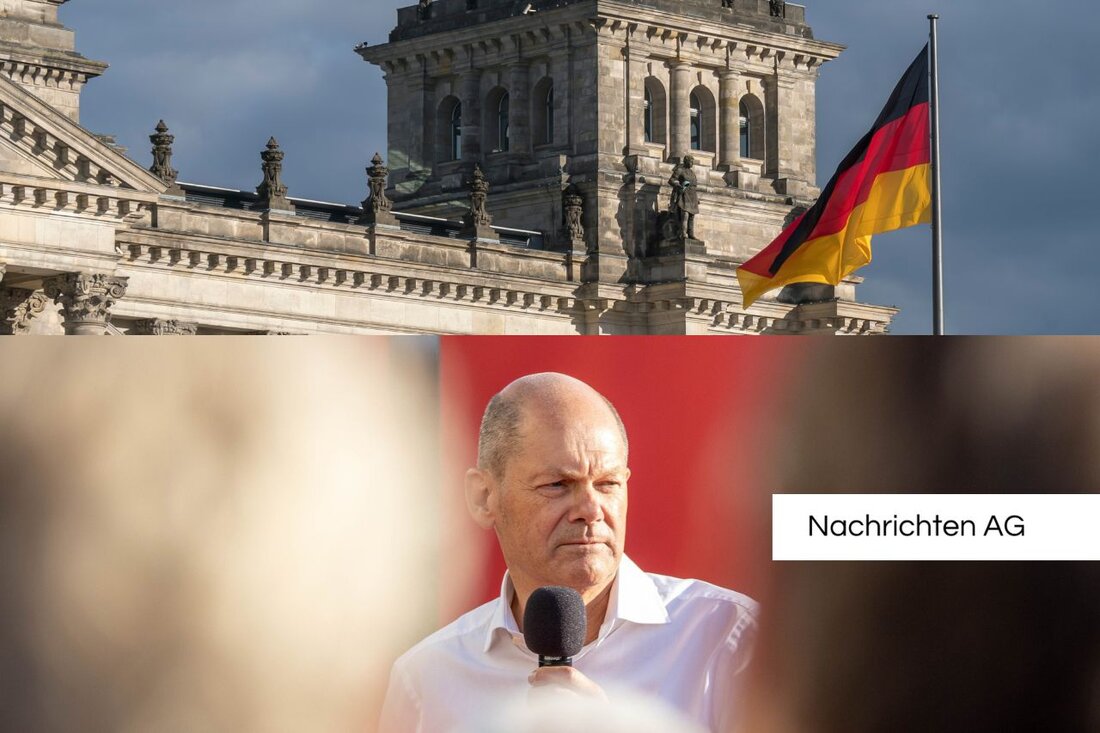EU summit in Brussels: dispute over weapons and money for Europe!
EU summit in Brussels on February 4, 2025: Discussion about defense spending, weapons production and financing in Europe.

EU summit in Brussels: dispute over weapons and money for Europe!
At a summit in Brussels, EU leaders reached an agreement to buy new weapons to boost Europe's defense capability. This decision is welcomed by the EU Commission, which estimates that an additional 500 billion euros will have to be invested in armaments projects over the next ten years in order to achieve goals such as European air defense and securing the eastern borders. However, two central questions remain unclear: Who should produce the military equipment and how will their financing be guaranteed?
The summit took place at the Palais d’Egmont with the aim of creating a confidential atmosphere. During the discussion, US President Donald Trump's call for NATO countries to increase their defense spending to 5% of GDP was also discussed. In this context, Chancellor Olaf Scholz noted that Germany is barely meeting the NATO quota, while seven EU countries are missing it.
European defense spending in focus
In the context of the ongoing war in Ukraine, the defense budgets of EU member states for 2024 show a clear tendency to increase. This approach is shaped by geopolitical tensions, NATO commitments and national priorities. Poland, for example, has decided to increase its defense spending to 3% of GDP. Other countries such as Slovakia, Slovenia, Latvia and Romania are also aiming to reach the 2% mark. Romania increased its 2022 budget by 14%.
The challenges in the Franco-German partnership are also becoming clear, particularly in defense projects such as the Future Combat Air System (FCAS) and the Main Ground Combat System. The European Defense Fund, worth €8 billion for 2021-2027, aims to strengthen defense technology and industry, while significant budget increases are planned in France, the United Kingdom and Poland. Germany intends to budget an additional 100 billion euros to reach NATO's target of 2% of GDP.
The discussion about financing new weapons also remains central. President Macron is calling for more European funding and the allowance of shared debt, while Germany, the Netherlands and Austria oppose this. Scholz has made it clear that there will be no common debt for the EU. There is also discussion of a possible repurposing of the European Investment Bank to enable arms financing, but this is met with resistance as the bank is known in particular as a “climate bank”.
These developments indicate a profound shift in Europe's defense strategy, reinforced by geopolitical realities and pressure on NATO to pursue a unified defense policy. It remains to be seen how the EU member states will respond to the emerging challenges.

 Suche
Suche
 Mein Konto
Mein Konto
